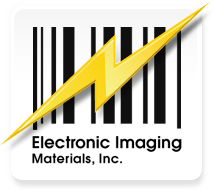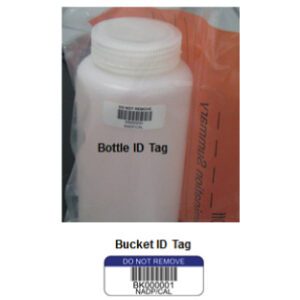“Over 35 million people have died of HIV. We are on the verge of an AIDS free generation. We need to pay attention. We need to remain vigilant and follow through. Otherwise, millions more will die.”
-Edsel Salvaña, Infectious Disease Specialist & TED Fellow
Acquired Immunodeficiency Syndrome (AIDS) and Human Immunodeficiency Virus (HIV) came into national awareness at the beginning of the 1980’s—and many thought it would be an unstoppable pandemic. Today, many people who have HIV are living healthy, fulfilling lives thanks to the research community that tirelessly continues to conduct clinical trials and studies leading to the development of successful antiretroviral treatments for HIV.
The road to formulating widely available treatment options has been long and windy. A major milestone was achieved in 2016 where, for the first time, it was found that more than half of all people living with HIV (53%) now have access to life-saving treatment. However, in many developing countries, receiving treatment for HIV/AIDS continues to be a struggle. Right now, Africa holds 67% of the total global AIDS population, making it imperative that strides to find a cure take place within the heart of this region. In 2016 in Uganda alone, an estimated 1.4 million people were living with HIV, and an estimated 28,000 Ugandans died of AIDS-related illnesses.

Electronic Imaging Materials, Inc. is proud to play a part in AIDS research by providing the cryogenic barcode labels that biomedical scientists utilize when performing immunogenicity studies. Our durable CryoLabel® materials are reliable and ideal for handling chemicals, solvents, cryogenic temperatures (such as liquid nitrogen applications) and moisture conditions―all of which are found in laboratories researching HIV/AIDS.
One of our long-term CryoLabel® clients is the Henry M. Jackson Foundation. The foundation’s largest program is the U.S. Military HIV Research Program, which conducts research to aid in the development of a preventive HIV vaccine. They also integrate prevention, treatment, diagnostics and monitoring as part of the international effort to protect U.S. and allied troops and reduce the impact of HIV infection worldwide. Henry M. Jackson Foundation also partners with the Walter Reed Army Institute which has locations around the world, including in Uganda.
ElM would like to thank the research organizations—like the Henry M. Jackson Foundation—that tirelessly pursue new scientific avenues attempting to better the lives of others. Thanks to screening and preventive measures, along with their ongoing research, fewer people are living with HIV in Uganda and around the world. We want to commend these remarkable research heroes!
To learn more about breakthroughs in HIV treatment, go to www.avert.org
To learn more about the challenges scientists battling HIV are facing today, watch Edsel Salvaña’s TED talk.
Need help with a tricky labeling project? Reach out to The Label Experts!




